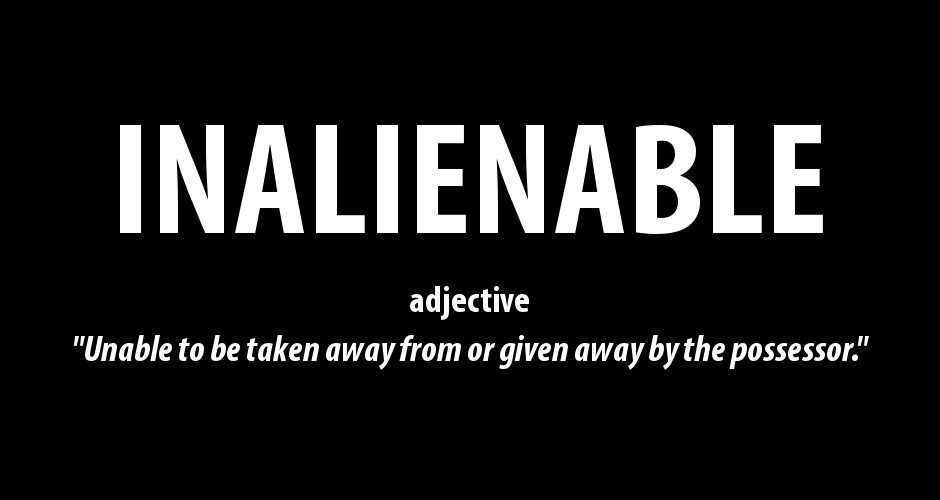There’s a bit of a trend right now to share unpopular, non-political opinions on Facebook. Here are some of mine. I don’t smoke and never have, but I don’t mind cigarette smoke. I do mind those who complain about it. Nothing ruins food like adding vegetables to it. Especially shredded lettuce… No one wants your …
My ten unpopular, non-political opinions






